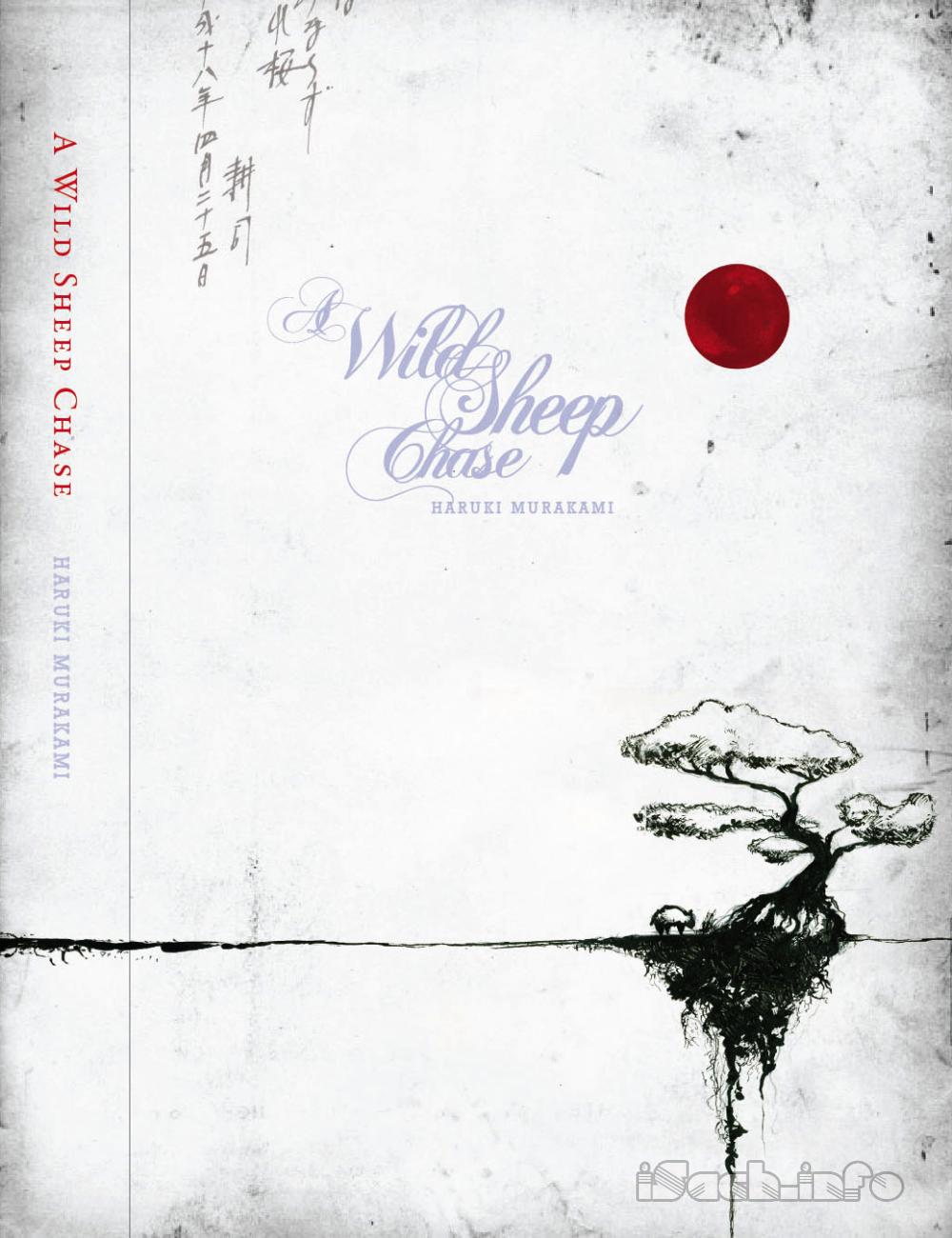Chapter 12: Wherefore The Worm Universe
T
here are symbolic dreams—dreams that symbolize some reality. Then there are symbolic realities—realities that symbolize a dream. Symbols are what you might call the honorary town councillors of the worm universe. In the worm universe, there is nothing unusual about a dairy cow seeking a pair of pliers. A cow is bound to get her pliers sometime. It has nothing to do with me.Yet the fact that the cow chose me to obtain her pliers changes everything. This plunges me into a whole universe of alternative considerations. And in this universe of alternative considerations, the major problem is that everything becomes protracted and complex. I ask the cow, “Why do you want pliers?” And the cow answers, “I’m really hungry.” So I ask, “Why do you need pliers if you’re hungry?” The cow answers, “To attach them to branches of the peach tree.” I ask, “Why a peach tree?” To which the cow replies, “Well, that’s why I traded away my fan, isn’t it?” And so on and so forth. The thing is never resolved, I begin to resent the cow, and the cow begins to resent me. That’s a worm’s eye view of its universe. The only way to get out of that worm universe is to dream another symbolic dream.
The place where that enormous four-wheeled vehicle transported me this September afternoon was surely the epicenter of the worm universe. In other words, my prayer had been denied.
I took a look around me and held my breath. Here was the stuff of breath taking.
The limo was parked on a high hill. Behind us was the gravel road which we’d come on, trailing away in an all-too-picturesque course of twists and turns to the front gate off in the distance. Probably, at a leisurely pace, a solid fifteen minutes’ walk away. Lining either side of the road stood cedars and mercury-vapor lights, stationed like pencil holders at equal intervals. Clinging to each cedar trunk were innumerable cicadas screeching feverishly, as if the end of the world were at hand.
Each row of cedars bordered on neatly mowed turf, which sloped down in banks dotted with azaleas and hydrangeas and other plants beyond my powers of identification. A flock of starlings rushed, en masse, left and right across the lawn, like the aimless migration of a sand dune.
Stone steps led down both sides of the hill: the steps to the left descended to a Japanese garden with a stone lantern and a pond, the steps to the right opened onto a small golf course. At the edge of the golf course was a gazebo the color of rum raisin, and across from it stood a classical Greek statue in stone. Beyond was an enormous garage where a different chauffeur was hosing down a different limousine. I couldn’t tell the make, but it wasn’t a used Volkswagen.
I folded my arms and took another look around me. An impeccable garden vista, to be sure, but oh, what a sight.
“And where is the mailbox?” I asked impertinently. I mean somebody had to go to fetch the paper every morning and evening.
“The mailbox is by the back gate,” said the chauffeur. A sudden revelation. Of course there had to be a back gate.
Having concluded my viewing of the grounds, I turned straight ahead and found myself facing a massive, towering structure.
It was—how shall I put it?—a painfully solitary building. Let me explain. Say we have a concept. It goes without saying that there will be slight exceptions to that norm. Now, over time these exceptions spread like stains until finally they form a separate concept. To which other exceptions crop up. It was that kind of building, some ancient life-form that had evolved blindly, toward who knows what end.
In its first incarnation, it seems to have been a Meiji-era Western-style manor. A high-ceilinged portico offered entrance to a two-story cream-colored house. The windows tall and double-hung in the true old style, the paint redone time and again. The roof was, as expected, copper-shingled, and the rain gutters as solid as a Roman aqueduct. A fine house in itself, exuding a period charm.
But then some joker of an architect came along to attach another wing of the same style and color scheme onto the right side of the original structure. The intention wasn’t bad, but the effect was unpalatable. Like serving sherbet and broccoli on the same silver platter.
This unhappy combination stood untouched for several decades until someone added a stone tower off to one side. At the pinnacle of this tower was affixed a decorative lightning rod. A mistake. Lightning was meant to strike the building and burn it down.
Now a walkway covered by a solemn roof linked the tower directly to yet another wing. This wing was a separate entity once again, though it at least carried through a unified theme. The “mutual opposition of ideologies,” shall we call it. It bespoke a certain pathos, rather like the mule who, placed between two identical buckets of fodder, dies of starvation trying to decide which to eat first.
To the left of the original structure, no less antithetical to the multiple elements already there, sprawled a traditional one-story Japanese-style villa. With marvelous hallways planked straight out like bowling lanes, surrounded with hedges and well-trained pines.
This triple-feature-plus-coming-attractions mélange of a house perched atop the hill was not a common sight. Had it been someone’s grand scheme constructed over many years in an effort to shake off a stupor or chase away sleep, then it was an admirable success. Needless to say, an unlikely supposition. The monstrosity stood simply for money, piles of it, to which a long line of second-rate talents, era after era, had availed themselves.
I must have been staring at this apparition a while before I noticed the chauffeur next to me, looking at his watch. A pose he looked somehow accustomed to. He’d probably stood in that same spot with any number of persons he’d driven there. All of whom had gawked at the surroundings in exactly the same way.
“View all you care to, sir. Please do take your time,” he said. “We still have eight minutes free.”
“It sure is big,” I said, for want of anything less inappropriate to say.
“Ninety-six thousand six hundred seventy-one square feet,” said the chauffeur.
“Wouldn’t surprise me if you had an active volcano in the place,” I laughed, trying to inject some levity. But the joke didn’t register. No one joked here.
Thus passed eight minutes.
I was conducted through the entryway to a large Western-style room on the immediate right. The ceiling, framed with elaborately carved moldings, was extraordinarily high. There was a handsome antique sofa and tea table, and on the wall a still life, the epitome of realism. Apples and a flower vase and a paper knife. Maybe the idea was to crack open the apples with the vase, then peel them with the paper knife. Seeds and cores could go in the vase.
The windows were appointed with thick curtains over lace curtains, pulled to the side with sashes of the same material. Through the opening between the curtains, a relatively sedate section of the gardens could be seen. The oak flooring was polished to a fine luster. A carpet, with a full pile despite its faded colors, covered half the floor.
Not a bad room. Not a bad room at all.
An elderly maid in kimono entered the room, set down a glass of grape juice, and left without a word. The door closed with a click. Then everything was dead quiet.
On the tea table were a silver cigarette case and lighter and ashtray identical to what was in the limo. Engraved with the same sheep emblem. I pulled one of my own filter tips out of my pocket, lit it with the silver lighter, and blew a puff of smoke up at the high ceiling. Then I took a sip of grape juice.
Ten minutes later, the door opened and in walked a tall man in a black suit. The man offered no “Welcome” or “Sorry to keep you waiting.” I didn’t say anything either. He took a seat opposite me, cocked his head slightly, and looked me over.
Time was surely passing.



 ePub
ePub A4
A4